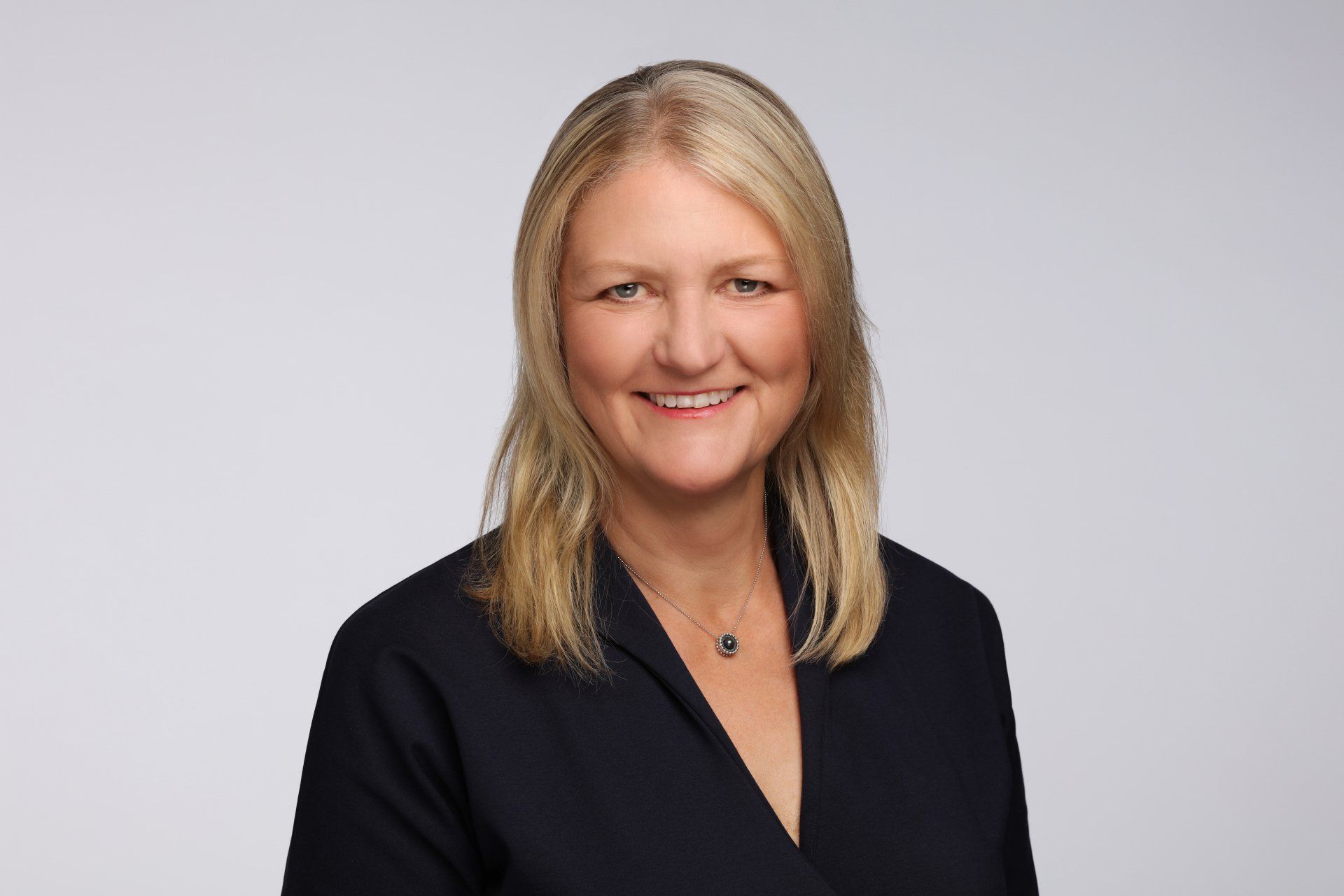Alison Gill is a behavioural psychologist, triple Olympian and the co-founder of Bvalco, a board evaluation consultancy focused on helping boards become fit for the future.
The government’s decision to ease lockdown measures across England, while a Level 4 COVID Alert indicates that transmission is ‘still high or rising exponentially’, has been met with mixed responses.
While some business leaders have welcomed the opportunity to mitigate the long-term risks associated with lockdown to their future viability, union leaders say a couple a days isn’t long enough to make workplaces safe, putting blue-collar workers at disproportionate risk.
With important ethical dilemmas needing to be resolved in the coming days and weeks, determining the best way to ease the lockdown will inevitably give rise to tensions on the board.
Critical to managing these tensions is uniting directors behind a shared set of values. Because without a shared belief system, it can become all too easy for directors to get into negative conversations based on their own differing viewpoints and personal values.
The danger being that when we come from a fixed mindset, based on our own beliefs, our focus is on defending our viewpoint and building evidence to support our point of view, instead of using shared principles to work with others to find the best solution.
Sustaining board unity
Critical to creating a shared belief system amongst directors, to sustain board unity, is establishing the values to underpin the board’s decision-making.
Take, for example, a bank, which has a difficult decision to make about allowing people to delay paying their mortgages at the current time, but not for so long that they risk incurring debts they might not be able to repay. This could easily give rise to conflicting opinions, but having agreed values, such as the value to ‘treat customers fairly’, creates a shared framework, which can be used to encourage debate around how best to ‘live’ those values when faced with difficult dilemmas.
In this sense, a board environment that allows people to safely voice concerns and differences of opinion, while also anchoring them to shared values, will experience less conflict and find more creative solutions than one where directors have to resort to using their own individual values, and potentially conflicting moral beliefs, to create and defend a position. So, if you want a united board, think about which values can be used to anchor decision-making.
Creating the right culture
The culture of the organisation and board drives the behaviours that determine how things get done. In normal times you usually have to create some kind of event or moment to generate culture change, such as appointing a new CEO. But the impact of this crisis has been so significant that the culture of the organisation and board will have already been impacted.
For example, organisations that told employees their safety was the most important thing and told them they were all going to start working from home, weeks before the government introduced the lockdown, will have created a culture where people feel valued. Similarly, how organisations bring people back and communicate with them regarding their concerns will now also impact greatly on how important and cared for people feel, which will in turn impact on their productivity and engagement levels.
Whether you focus on it or not, the culture of the organisation will be impacted by every decision made, so it’s important to think about how you want it to be impacted. If the crisis requires the business to become more agile, innovative or productive, or you were looking to achieve those things anyway, what are the behaviours needed to create that culture? How can the board communicate the need for this change in an open and candid way and role-model the new behaviours required?
Exiting coronavirus with a stronger board
In total, there are six elements of good corporate governance that boards need to consider if they want to exit the crisis with a stronger board and business. In addition to the culture and values elements touched on above, these include: roles, processes, strategy and beliefs.

To find out more, download our special guide to Exiting Coronavirus with a Stronger Board
Share this article on LinkedIn!




